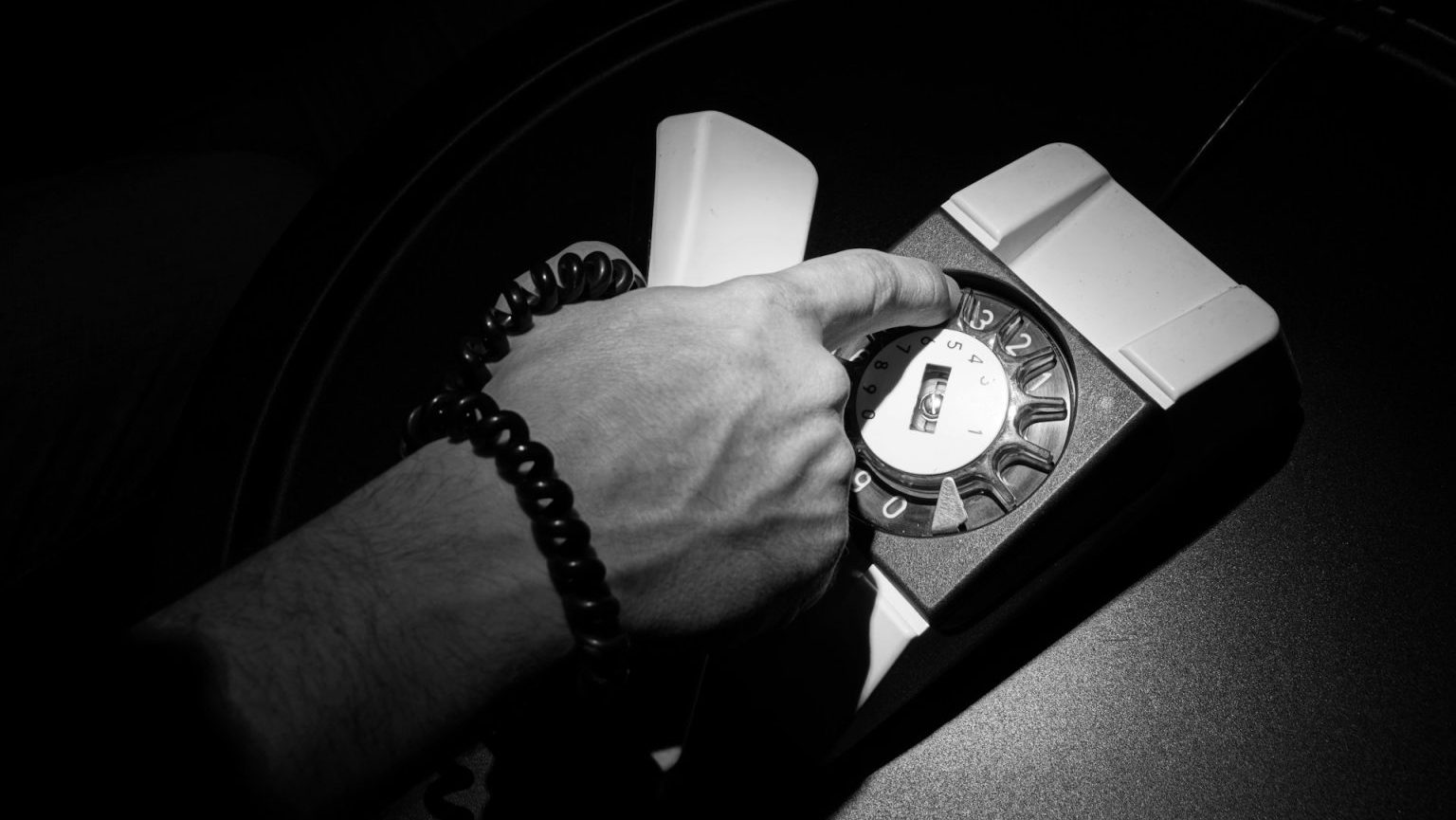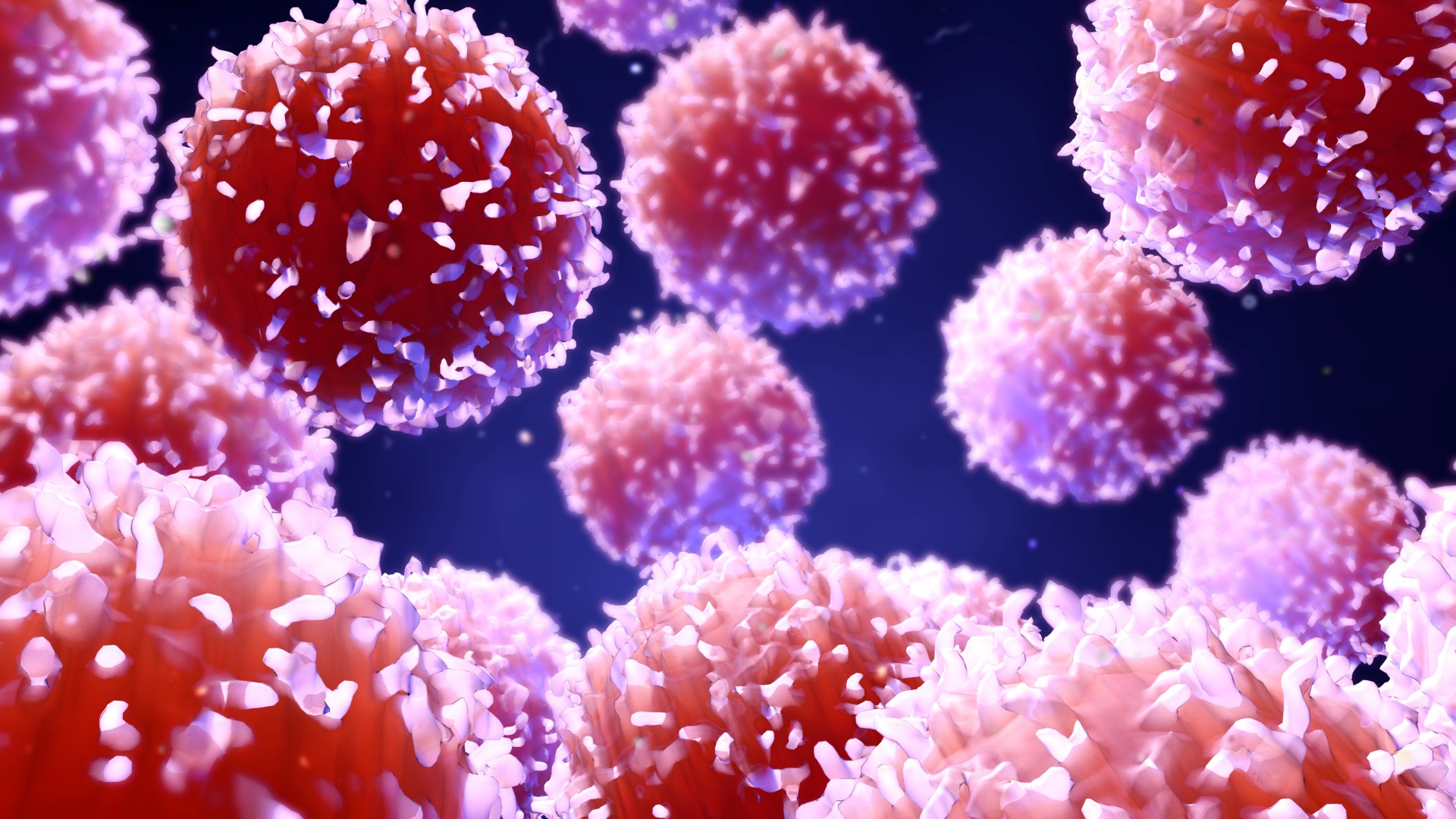People are still the main inspiration, and we have a responsibility to help others.
Question: What does it mean to be Catholic?
Dana Gioia: I was raised very Catholic. I’m still Catholic. And I was raised with the lives of the saints. Every day we would like at the life of a great man or a woman who had somehow, you know, led a good life. And I still . . . And what inspires me still are the people. I mean I meet somebody who has spent 10 years in Africa working in a hospital, and that sh . . . reminds me of, “Well I’ve gotta lead a better life. I’ve got to work harder.” And so I think it’s, you know, we learn from one another. A wonderful line by . . . by _________ that’s the . . . one of the . . . it’s the climactic stanza of his very famous poem “September 1, 1939”. And it goes something like, “All I have is a voice to undo the folded lie, the romantic lie in the brain of the sensual man on the street; then the lie of authority whose buildings grope the sky.” And this is the line that I’m going to: “There is no such thing as the state. And no one exists alone. Hunger allows no choice to the citizen or the police. You must love one another or die.And the notion that no one exists alone; that we’re part of the human race; that we have these moral, spiritual, ethical obligations to each other; and that we learn from each other. And so what inspires me . . . what inspires me are people who are better than me. And most people are better than me, so there’s a lot of inspiration around for me. I was raised very Catholic and I still look at things as a Catholic. Which is to say that I have a sense of the complexity and richness of life . . . that there is, in a sense, both the visible world and an invisible world; that the actions that we take have consequences beyond our lives; that we should be morally responsible for our lives. Another thing that Catholicism teaches you is, I think, patience and humility; that we . . . that we are not better than other people. That we have a responsibility to help other people. And the greatest gift of Catholicism, I think, is an openness to grace. That is to have a sense that there are times in your life where a grace that comes from beyond your own life actually pours into your life. It helps you. And so . . . so I think, you know. . . I’m . . . I’m very much of a . . . of a Mediterranean Catholic in that sense.
Recorded On: 7/6/07





